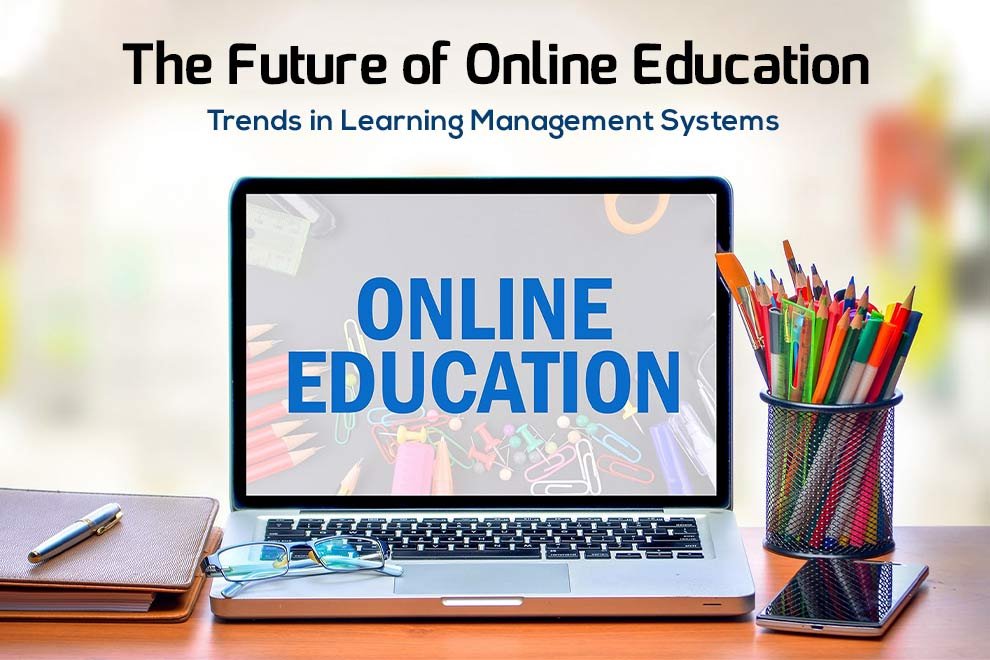Online education has transitioned from being a backup plan to becoming a centerpiece of how we learn and teach. With rapid technological developments and shifting demands, Learning Management Systems (LMS) are evolving to meet the needs of today’s digital-savvy educators, students, and institutions. If you’re wondering where online education is headed in the next few years, you’re in the right place.
This post explores major trends in the world of Learning Management Systems—like the popular Moodle LMS—and how these platforms are shaping the future of education. Whether you’re an educator seeking innovative tools, a techie interested in software developments, or a student navigating digital classrooms, you’ll find valuable insights here.
The Role of Learning Management Systems Today
Learning Management Systems are the backbone of online education. Platforms like Moodle LMS, Canvas, and Blackboard simplify the process of creating, delivering, and managing educational content. But remember when tuning into an online lecture meant buffering screens and robotic audio glitches? LMS platforms have come a long way since then, and they’re now at the heart of innovative learning methods.
Why the Moodle LMS Stands Out
Among the giants like Blackboard, Moodle LMS sets itself apart as an open-source platform, welcomed by tech enthusiasts and educators alike. From customizable course layouts to scalability for institutions big and small, Moodle remains a favorite for those seeking flexibility and cost-efficiency.
Here’s what makes Moodle LMS and similar systems indispensable:
- Accessibility: Anywhere, anytime learning that makes education borderless.
- Collaboration: Group discussions, peer reviews, and real-time interactions are all integrated seamlessly.
- Customization: Platforms like Moodle LMS allow educators to tweak features or adapt add-ons based on specific educational needs (great for those who like a personalized touch).
Now that we’ve acknowledged where LMS technology is, it’s time to explore where it’s headed.
Emerging Trends in Learning Management Systems
Educators and IT professionals, welcome to the crystal ball of LMS trends. These developments are shaping the future of learning—and hint at exciting possibilities for how courses are delivered and experienced.
1. Artificial Intelligence for Personalization
AI isn’t just for robots in movies anymore. Learning Management Systems are using AI to offer more personalized learning experiences. Adaptive learning tools assess a student’s progress and tailor content to their pace and learning style.
For example:
- Automatically recommending courses based on performance and interests.
- Predictive analytics to flag students who may need additional support.
2. Gamification of Learning
Why slog through a boring quiz when it could feel like a game? Gamification is transforming the learning experience by adding badges, leaderboards, and achievement tracking. Who doesn’t love a little competitive spirit among peers?
Gamification reduces boredom and boosts motivation—especially for younger learners or those tackling challenging subjects.
3. Mobile-first Design
No one wants to resize a 10-point font on their smartphone screen. With more students relying on mobile devices for education, creating mobile-friendly LMS platforms is no longer optional. Moodle LMS and similar systems are already optimized for mobile use, making it easier for users to study on the go.
4. Integration with External Tools
Today’s LMS platforms are collaborative powerhouses, integrating tools like Zoom, Slack, and Google Workspace. These integrations bring everything students and teachers need into one cohesive learning environment, eliminating the “five tabs open” headache.
5. Data-Driven Insights
Educators are now relying on LMS dashboards to track learner progress, course engagement, and completion rates. Data insights allow for better decision-making, course adjustments, and support services for students. The Moodle LMS, for instance, makes data easily digestible for busy educators.
How Students and Educators Benefit from Modern LMS Platforms
It’s not only administrators who reap the benefits of evolving LMS platforms. From customized course materials to engaging content formats, modern advancements are improving the experience for all parties involved.
Benefits for Students:
- Flexible Schedules: Learn at your own pace, whether that’s midnight cramming or early-morning focus time.
- Real-world Skills: Interactive tools like virtual labs can simulate real-world applications for hands-on experience.
- 24/7 Access: Whether it’s catching up on recorded lectures or re-reading forum discussions, the classroom never technically “closes.”
Benefits for Educators:
- Automation of Tasks: Why spend hours grading quizzes when LMS tools do it for you?
- Enhanced Engagement: Tools like live polls or AI quizzes turn passive listeners into active participants.
- Course Analytics: What’s working? What’s not? LMS platforms help identify opportunities to improve performance.
Why Moodle LMS Remains a Game-Changer
There’s a reason platforms like Moodle LMS have stood the test of time. Its open-source nature allows educators and institutions to customize as they see fit—without breaking the bank. This flexibility makes it especially popular in developing regions and smaller organizations with limited budgets. Additionally, Moodle’s commitment to accessibility and multilingual support ensures inclusivity for learners worldwide.
Preparing for the LMS Revolution
The future of online education feels less like a distant dream and more like an exciting (and highly achievable) reality. Platforms like Moodle LMS and others are pushing the boundaries to ensure students, educators, and IT professionals can all thrive in this new age of learning.
If your school, business, or institution hasn’t yet explored the capabilities of modern Learning Management Systems, now is the time. Explore the power of platforms that can elevate education standards and make the dream of accessible learning a reality.
Which of these trends excites you the most? Share your thoughts in the comments below!
Also Read: E-Learning: How AI-powered LMS can enhance Education










